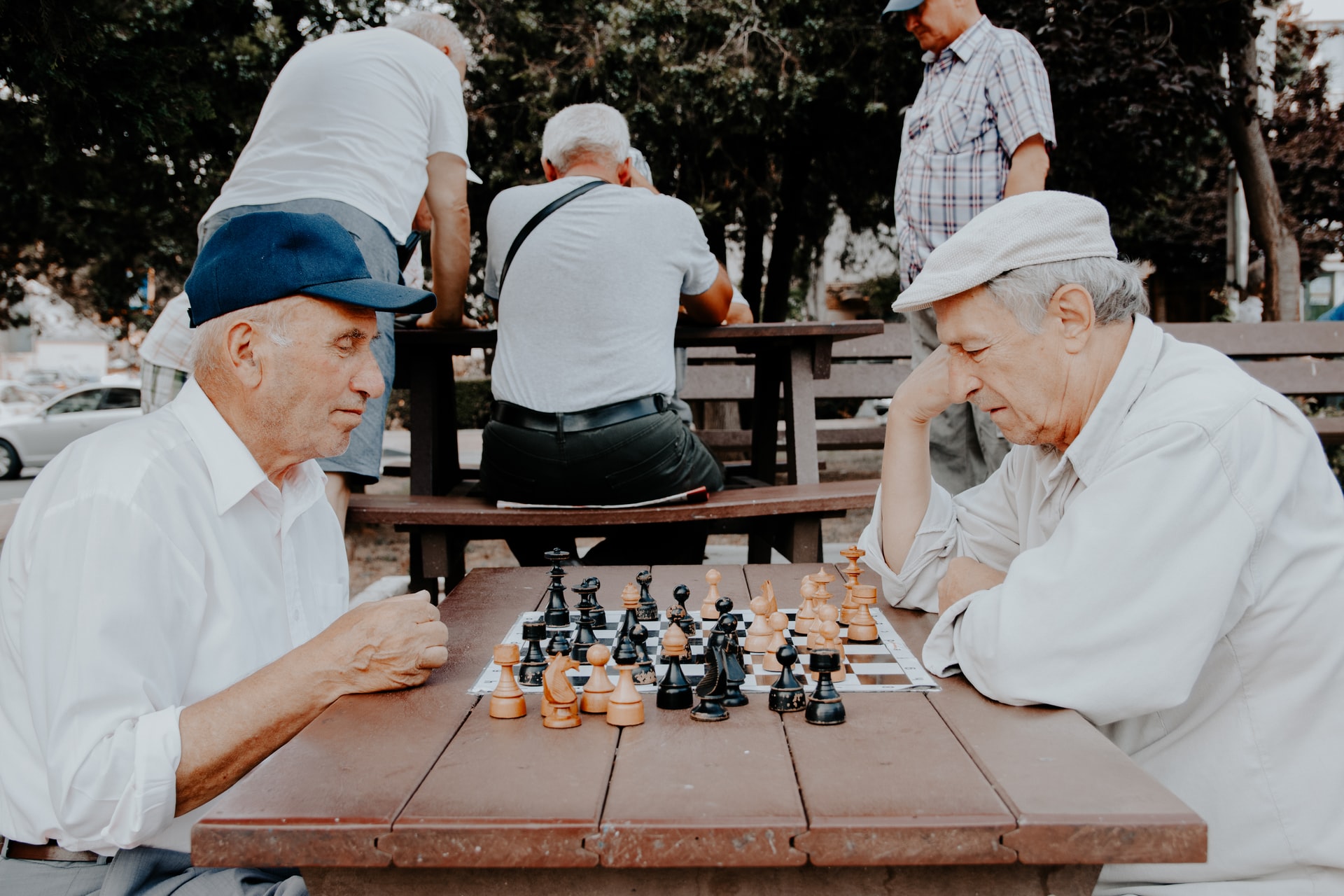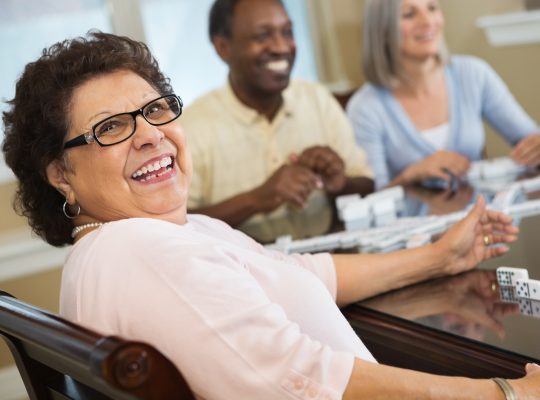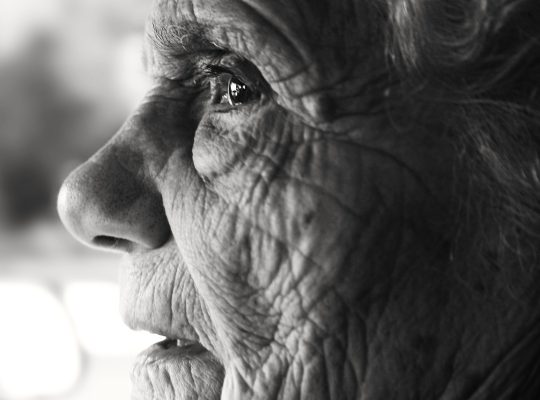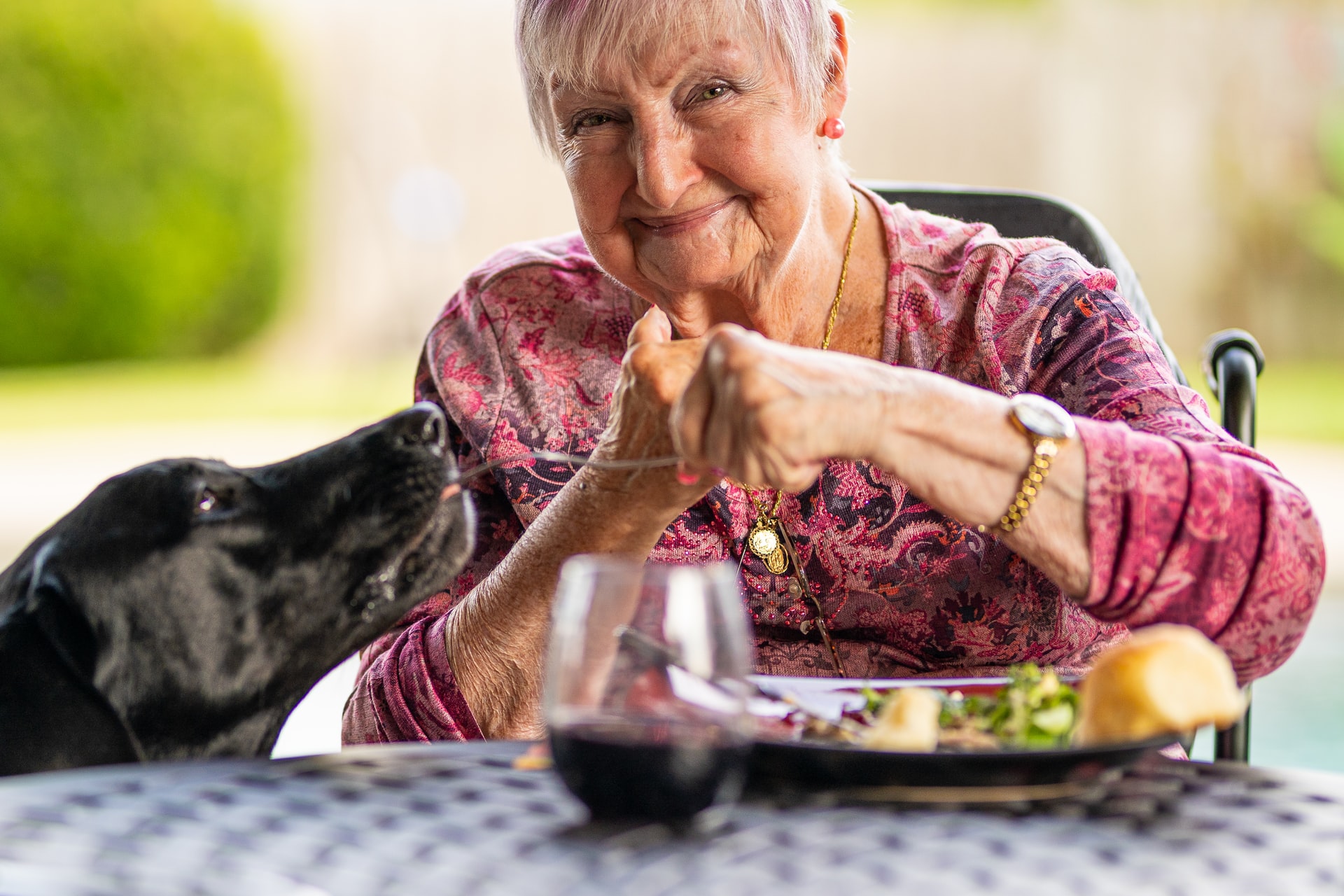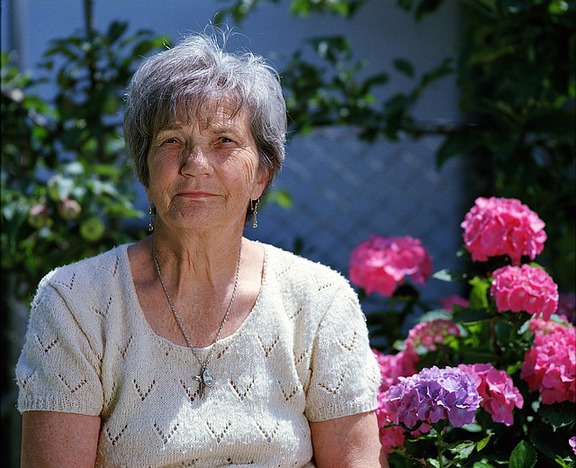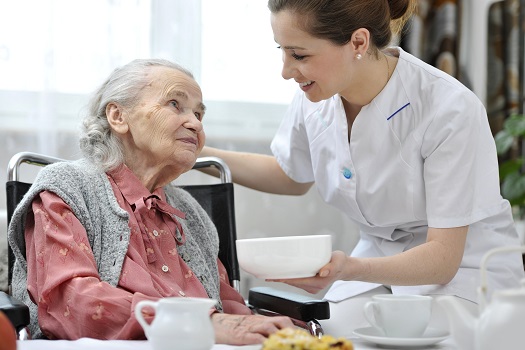Loneliness appears to be a side effect of becoming older. According to an AARP poll from 2018, 35% of adults over 45 described themselves as lonely. That proportion was the same when the study was initially performed in 2010, but as the population has risen, 5 million more people now feel lonely, or around 48 million people.
Many people are still lonely. Forty-one percent of these lonely people claim they’ve been alone for six years or more, 31 percent for one to five years, and 26 percent for less than a year.

There are a variety of techniques to feel less lonely, but there appears to be no alternative to true friendship.
Friends and family move around as we become older, and health issues might make it more difficult to get out and see old friends and develop new ones. Add to it the insecurity of not knowing how to meet new acquaintances.
Here are some of the advantages of having friends as you get older and ways to make new friends as you get older.
Why It’s Important to Make Friends as You Grow Older
According to studies, maintaining social relationships has been linked to improved mental and physical health and a more optimistic attitude toward life.
Here’s what you’ll miss out on if you don’t have any pals, as well as what you’ll gain.
5 Negative Effects of Not Having Friends
Heart disease risk is increased – People who are lonely or socially isolated are 29% more likely to have coronary heart disease and 32% more likely to have a stroke than those who are socially involved.
Increased cognitive deterioration and dementia risk – Feelings of loneliness among seniors elevated their risk of dementia by more than 60%, according to research published in the Journal of Neurology, Neurosurgery, and Psychology.
Increased risk of mortality – Loneliness was linked to a 45 percent higher risk of death in older persons, as well as a 59 percent higher risk of mental and physical deterioration.
Longer-term illnesses– According to the World Health Organization, seniors who live alone have a greater incidence of arthritis, chronic lung disease, depression, and decreased mobility than those who have significant social support.
Abuse and fraud potential– Isolated elders are more likely to be abused and become victims of scams than seniors with friends and assistance.

5 Beneficial Effects of Not Having Friends
Better mental health — pleasant relationships can increase sentiments of well-being while reducing depression, which is frequent among elderly persons.
Reduced dementia risk – maintaining social connections can help reduce cognitive decline and alleviate many of the signs and symptoms of dementia.
Improved physical health — socially active individuals had lower levels of an inflammatory factor linked to Alzheimer’s disease, cardiovascular disease, osteoporosis, rheumatoid arthritis, and rheumatoid arthritis, as well as several cancers.
Increased lifespan — Seniors who have greater social support live much longer than those who are more isolated – social ties are just as crucial as getting adequate sleep, eating healthy, and quitting smoking for longevity.
A stronger sense of purpose and belonging – It has been proven that developing meaningful relationships with people boosts self-esteem, increases emotions of fulfillment, and builds long-lasting friendships. This, in turn, can have a favorable impact on other healthy habits like becoming more active, eating healthily, and eliminating harmful habits like smoking.
Every elderly care center should understand the importance of social connections. They should aim to develop a calendar of engaging programming to encourage meaningful relationships between residents, their friends, and their families through classes, games, recreation, and technology. Let us know in the comments if you want to read more about making friendships as an elderly…

